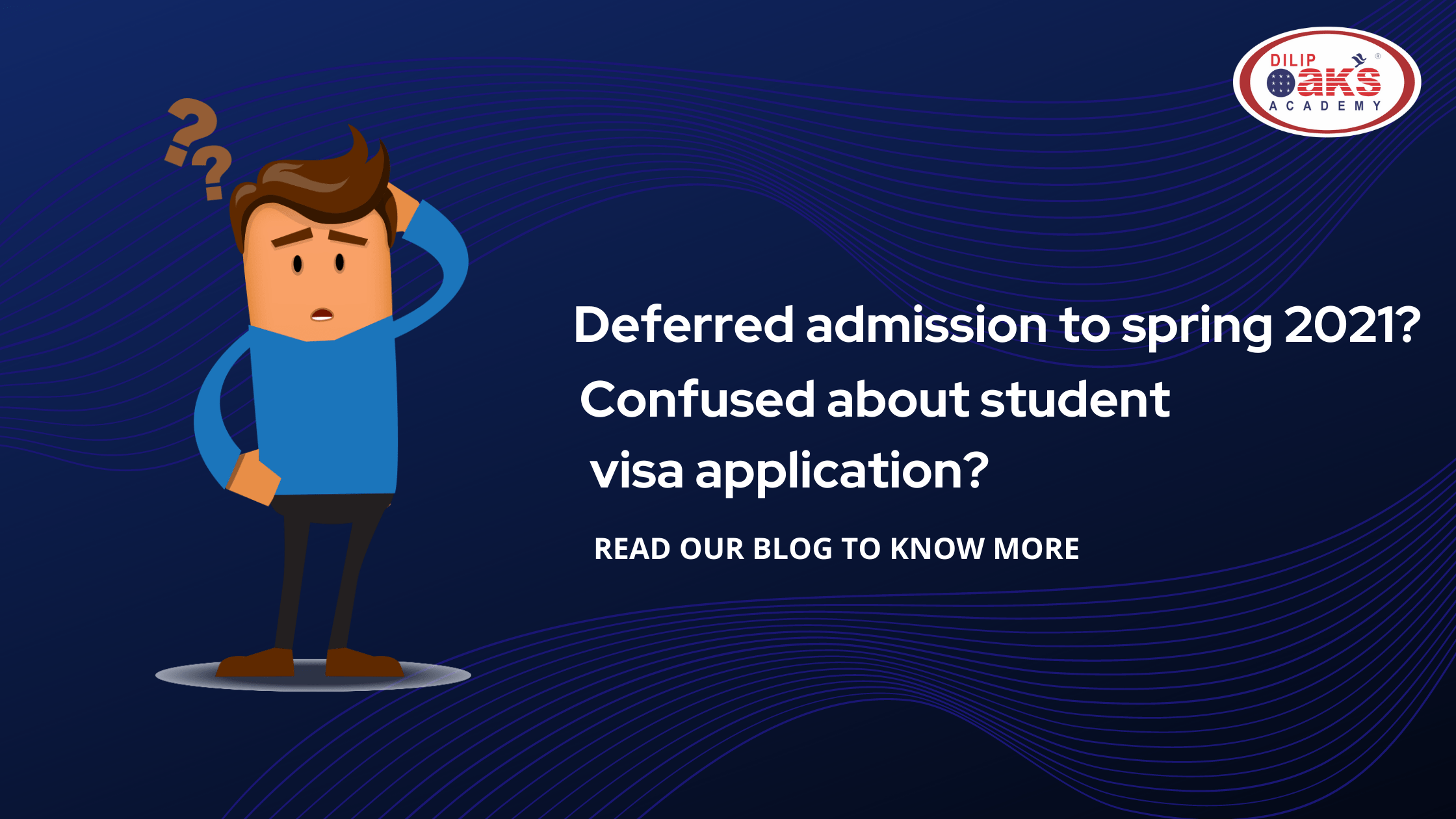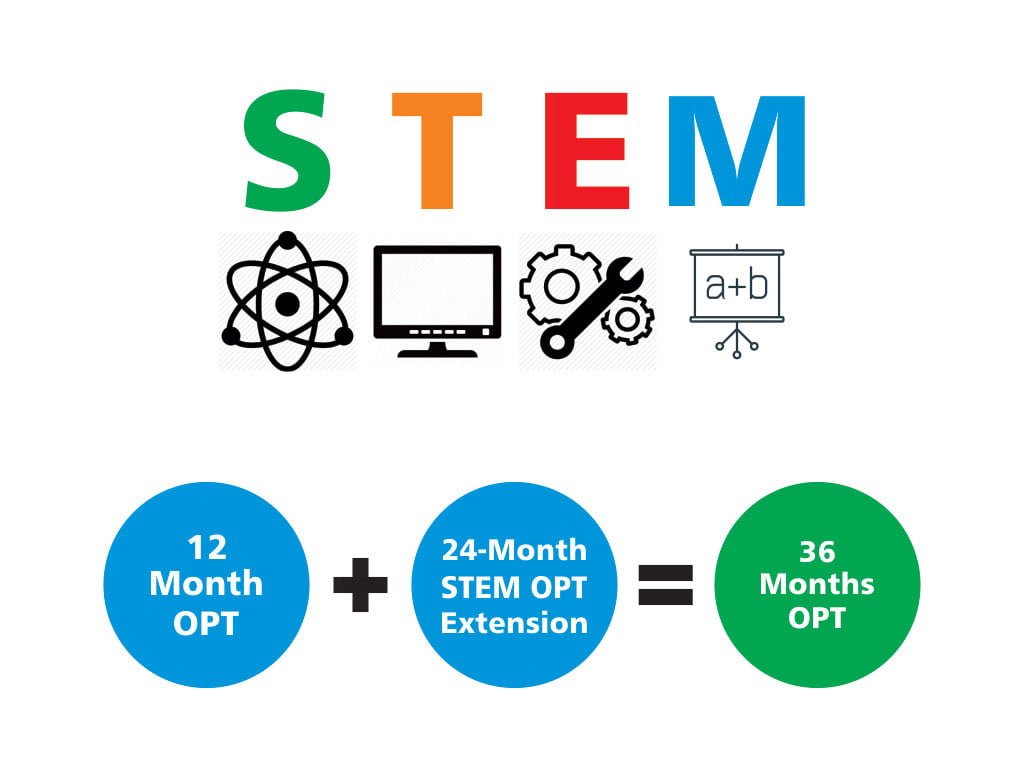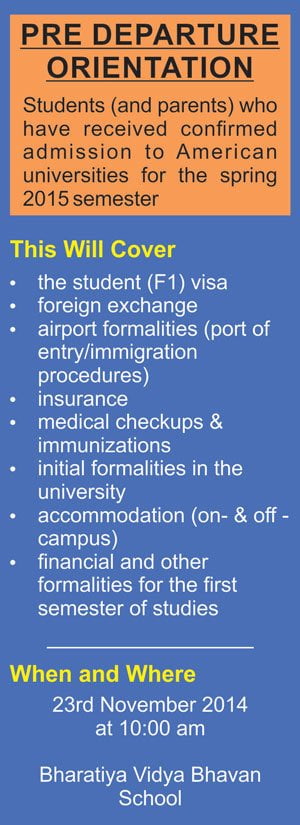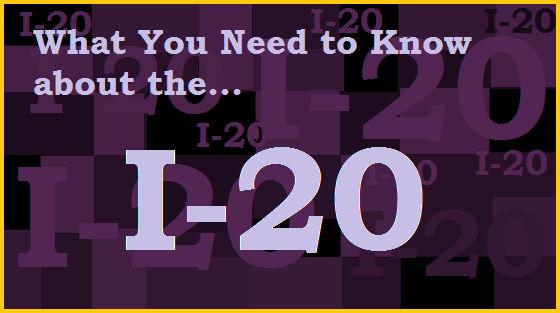Due to the COVID-19 pandemic, most US universities could not offer in-person classes for fall 2020 semester and almost all of them offered online classes instead. However, a majority of students did not opt for online classes due to the following reasons:
- Even for the online medium, students will have to pay full tuition fees for the entire semester. (Some universities have reduced fees by 20 to 25 per cent)
- The online semester will mean no financial assistance, no campus jobs/RA/TA which then makes the course unnecessarily expensive to bear.
- The online semester does not offer the exposure and opportunities that a student otherwise gets while on campus.
Considering this, most of the students have deferred their admissions and are now gearing up to join the spring 2021 semester. However, looking at the rising numbers of coronavirus patients in the US, there is confusion about whether universities will take in-person classes for spring and whether it will be feasible for international students to join the semester.
Though a majority of universities plan on resuming in-person classes for the spring semester, they are yet to make a final decision. Some universities are still sceptical whether they would resume in-person classes for spring at all. For instance, California State University Chancellor Timothy P. White recently announced that all 23 campuses, including Chico State, will conduct winter and spring 2021 courses primarily virtual. More details will be forthcoming as Chico State receives further guidance from the government.
Universities have also observed that most international students did not opt for online classes and hence they are considering introducing hybrid courses which will enable students to get F1 visa. However, the final decision of universities is expected to be announced by the end of November/early December depending upon the pandemic situation in America.
In this case, we would recommend students to request an I-20 for the spring semester but not rush into applying for the visa. The Consulate has also advised students to observe the situation and apply for visa three to four weeks before the date of reporting. In case you apply for a visa and obtain one, and the university cancels in-person instruction for the spring semester, you will have to revalidate the visa for fall 2021. For revalidation, you will require new I-20 for fall 2021 and it can be done through the Dropbox facility.






